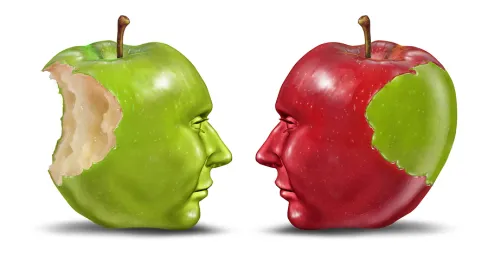In keeping with recent erosion of patent rights, patent owners’ power to control the post-sale use and sale of their patented products was severely limited this week by the U.S. Supreme Court in the highly anticipated case regarding the patent exhaustion doctrine, Lexmark Int’l, Inc. v. Impression Prods., Inc., No. 15-1189.
As we reported earlier here, the Federal Circuit previously provided patent owners with some power to control their patented products—even after an authorized sale. Specifically, the Federal Circuit held, in an en banc decision, that a patent owner’s patent rights are not exhausted if a patented product is sold with a clearly communicated restriction and that an authorized foreign sale of a product does not exhaust the patent owner’s U.S. patent rights to exclude associated with that product.
The Supreme Court, however, said that the Federal Circuit was wrong on both points. The Court held that a “patentee’s decision to sell a product exhausts all of its patent rights in that item, regardless of any restrictions the patentee purports to impose or the location of the sale.” Slip Op., at 2.
Overturning more than 25 years of settled Federal Circuit law, the High Court held that a patent owner exhausts its patent rights in a patented product the moment it is sold in the United States, regardless of any restrictions the patent owner purports to impose on that sale. As a result, even if a patent owner’s contractual restrictions may be clear and enforceable under contract law, they do not entitle the patent owner to retain patent rights—the right to exclude—in an item it has elected to sell. With respect to the authorized foreign sale issue, the Supreme Court likewise held that an authorized sale outside the United States, just as one within, exhausts all rights under the Patent Act.
At the root of its decision on both issues was the Supreme Court’s view that the patent exhaustion rule marks the point where patent rights yield to the common law principle against restraints on alienation of chattels. According to the near-unanimous Court, it is this fundamental common law principle that prevents a patent owner from restraining the future use and sale of a patented product that it has elected to sell, regardless of the location of the sale. “As a result, restrictions and location are irrelevant; what matters is the patentee’s decision to make a sale.” Slip Op., at 18.
The ban on post-sale restrictions was decided 8-0, but the Court’s decision to apply the patent exhaustion doctrine to foreign sales was decided 7-1. Justice Ginsburg dissented from the majority’s holding and wrote that foreign sales should not exhaust U.S. patent rights because “a sale abroad operates independently of the U.S. patent system, [and therefore] it makes little sense to say that such a sale exhausts an inventor’s U.S. patent rights.” Slip Op., at 2. Justice Gorsuch did not participate in the case.
As we predicted, the Supreme Court’s decision in this case has rewritten longstanding patent law doctrine. As such, practitioners, patent owners, and parties accused of infringement must take note of these critical changes. It remains to be seen just how profound the impact of this sea change in the law will be. At a minimum, however, patent holders should assess how they participate in our global economy to determine the effect of this decision on their patent rights, particularly in the context of increasingly complex and interconnected sales channels and supply chains.




 />i
/>i

